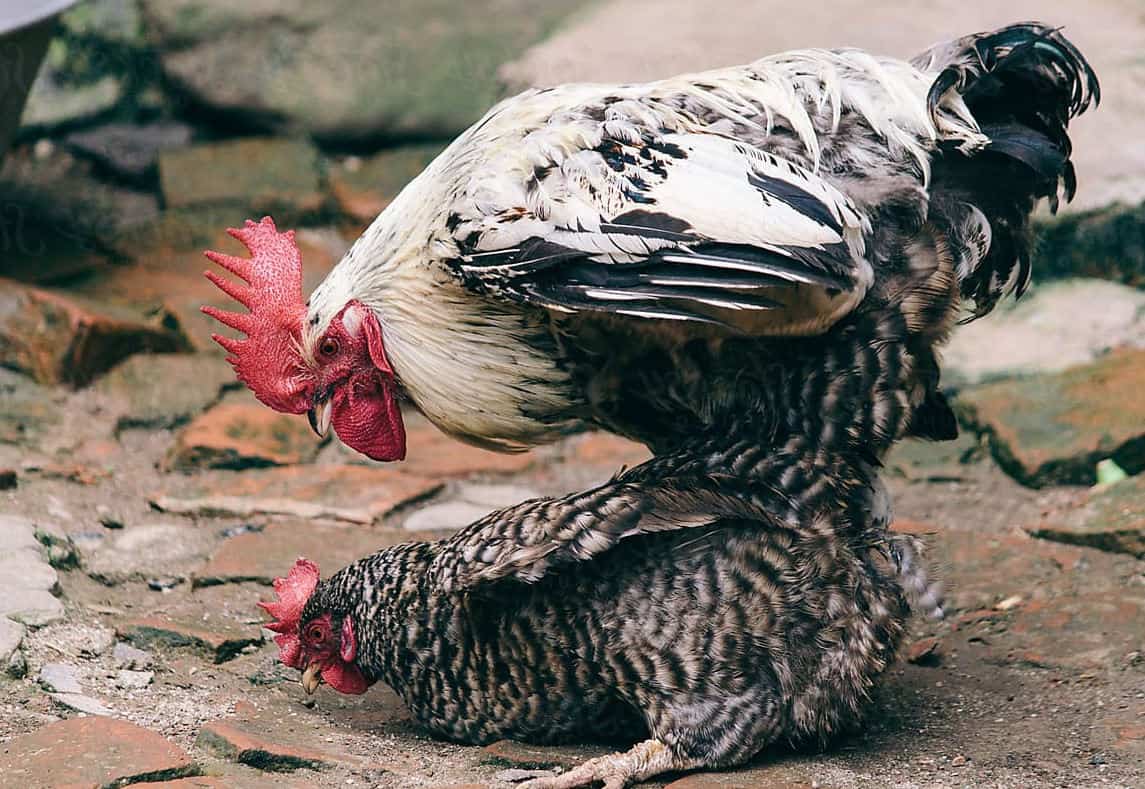Raising happy chickens and hens can be an extremely rewarding experience. With a little effort, knowledge and dedication, you can ensure that your chickens and hens are content and healthy. This article will provide tips and advice on how to ensure the successful husbandry of your chickens and hens, so you can raise happy and healthy birds. With these tips, you can learn how to keep your chickens and hens happy and thriving for years to come.
Benefits of Keeping Chickens and Hens
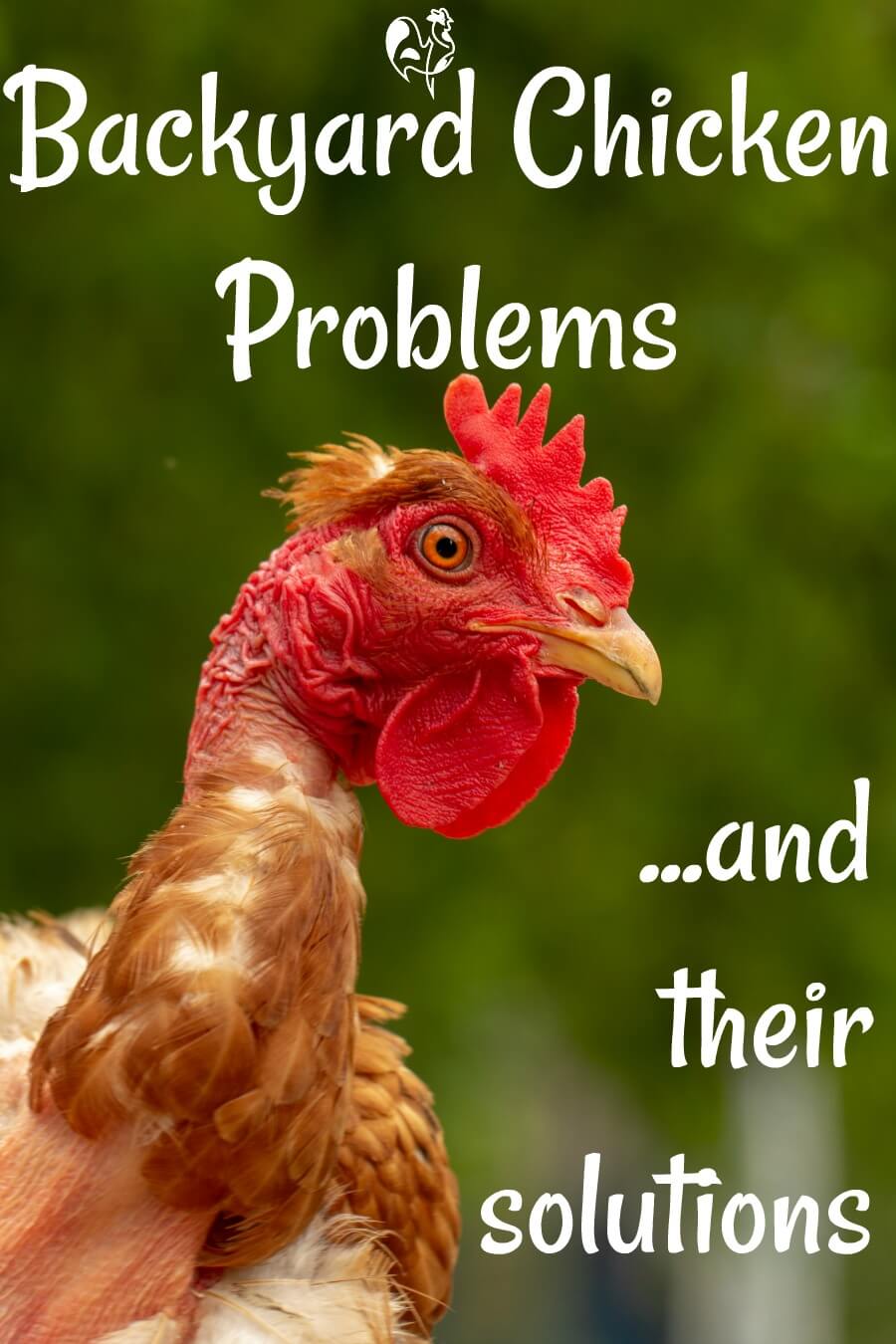
Meat and Eggs
Raising chickens and hens not only gives you fresh eggs to eat but also provides you with a sustainable source of meat and poultry. Chickens and hens are a great source of lean protein, and they can be easily raised in small spaces.
Pest Control
Chickens and hens can help keep pests away in your garden or backyard. They will eat small insects, such as grubs and other pests, thus helping to keep your garden pest-free.
Fertilizer
Chicken and hen manure is an excellent source of fertilizer for gardens and farms. The manure can be easily collected and used to enrich and fertilize your soil. This can help improve your crop yields and provide essential nutrients for your plants.
Raising chickens and hens is an efficient way to provide your family with fresh eggs, meat, and fertilizer. With proper husbandry, you can ensure that your chickens and hens stay healthy and happy.
Essential Needs of a Chicken and a Hen
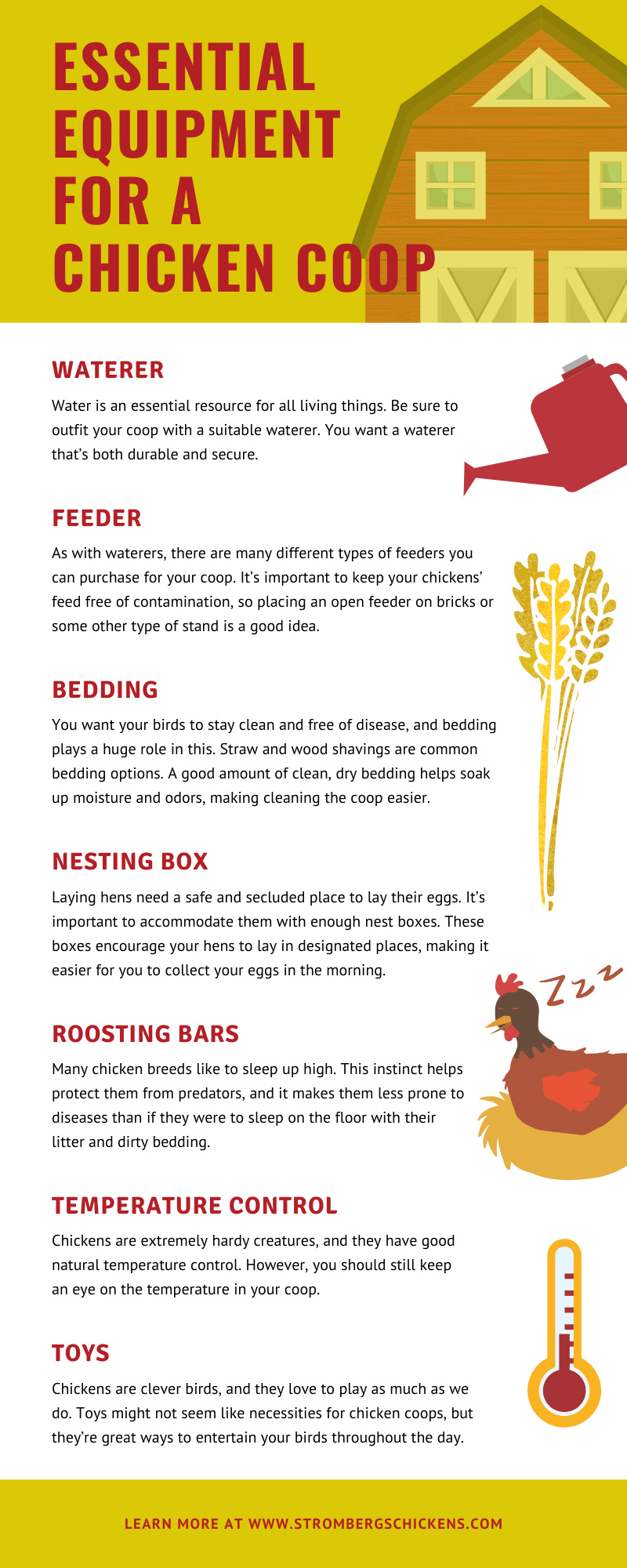
Housing
Chickens and hens need a safe and secure environment to live and lay eggs. The housing should be spacious enough for them to move around, have access to food and water, and forage for food. It should also be constructed so that it is well-ventilated, has enough light, and is protected from predators.
Feed
Chickens and hens need a balanced diet that includes proteins, minerals, and vitamins. They should have access to fresh and clean feed at all times. Feeders should be placed in areas that are easy to access and away from moisture.
Water
Chickens and hens need access to clean and fresh water at all times. Water should be changed regularly to prevent contamination and ensure that the water is not stagnant. Waterers should be placed in areas that are easy for chickens to access.
Breeds of Chickens and Hens
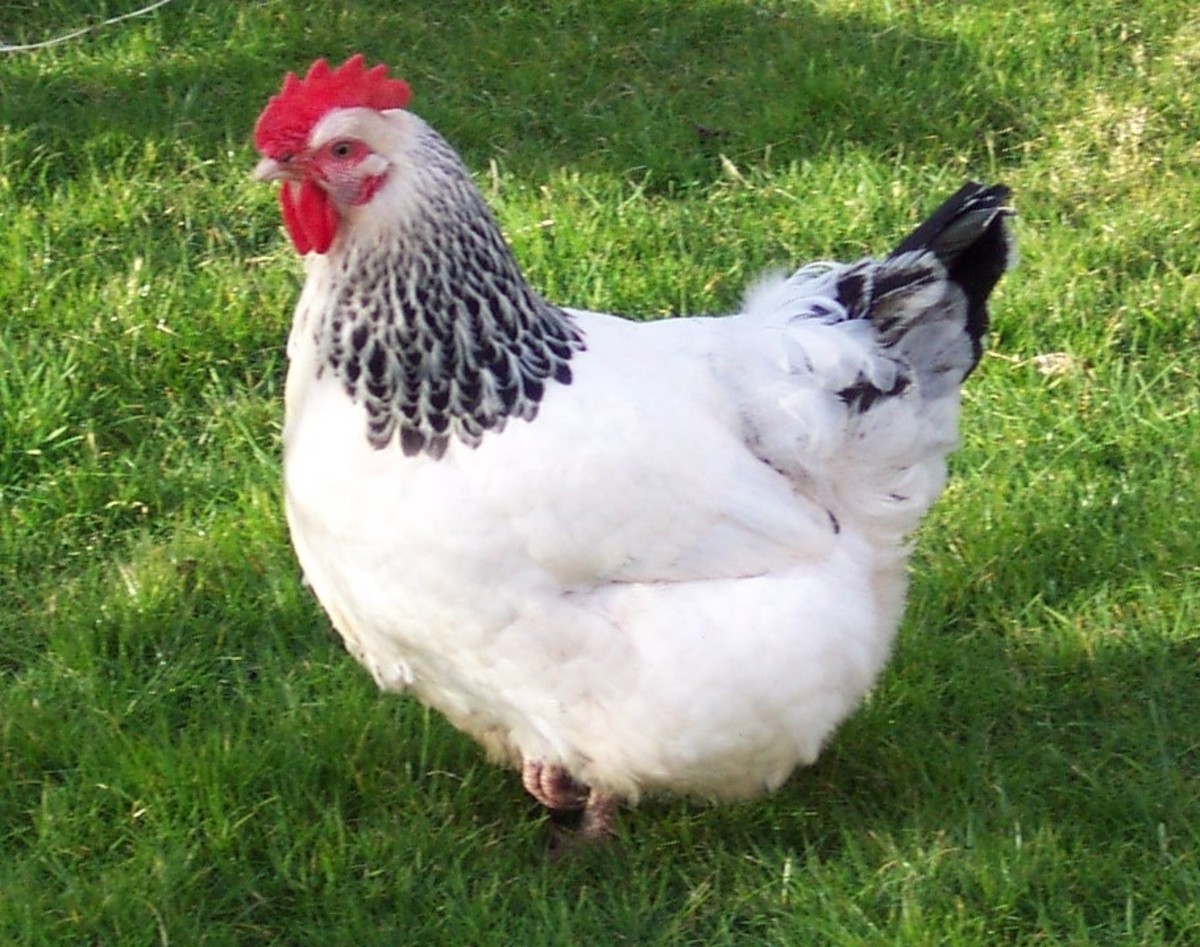
Egg Layers
Araucana chickens lay blue-green eggs, and are known for their docile and friendly personalities. Leghorns are a breed of chicken that are known for their high egg production, and are usually white or light brown in color. Wyandottes are a breed of chicken that are known for their dual purpose as both egg layers and meat birds.
Meat Birds
Cornish Crosses are a breed of chicken that are known for their high meat production. They are usually white or light brown in color and are relatively docile. Orpingtons are a breed of chicken that are known for their meat production, and are usually black or white in color.
Dual Purpose Breeds
Australorps are a breed of chicken that are known for their dual purpose of egg and meat production. They are usually black or white in color, and are known for their docile and friendly personalities. Rhode Island Reds are a breed of chicken that are known for their dual purpose of egg and meat production. They are usually red or brown in color, and are known for their docile and friendly personalities.
Health and Care
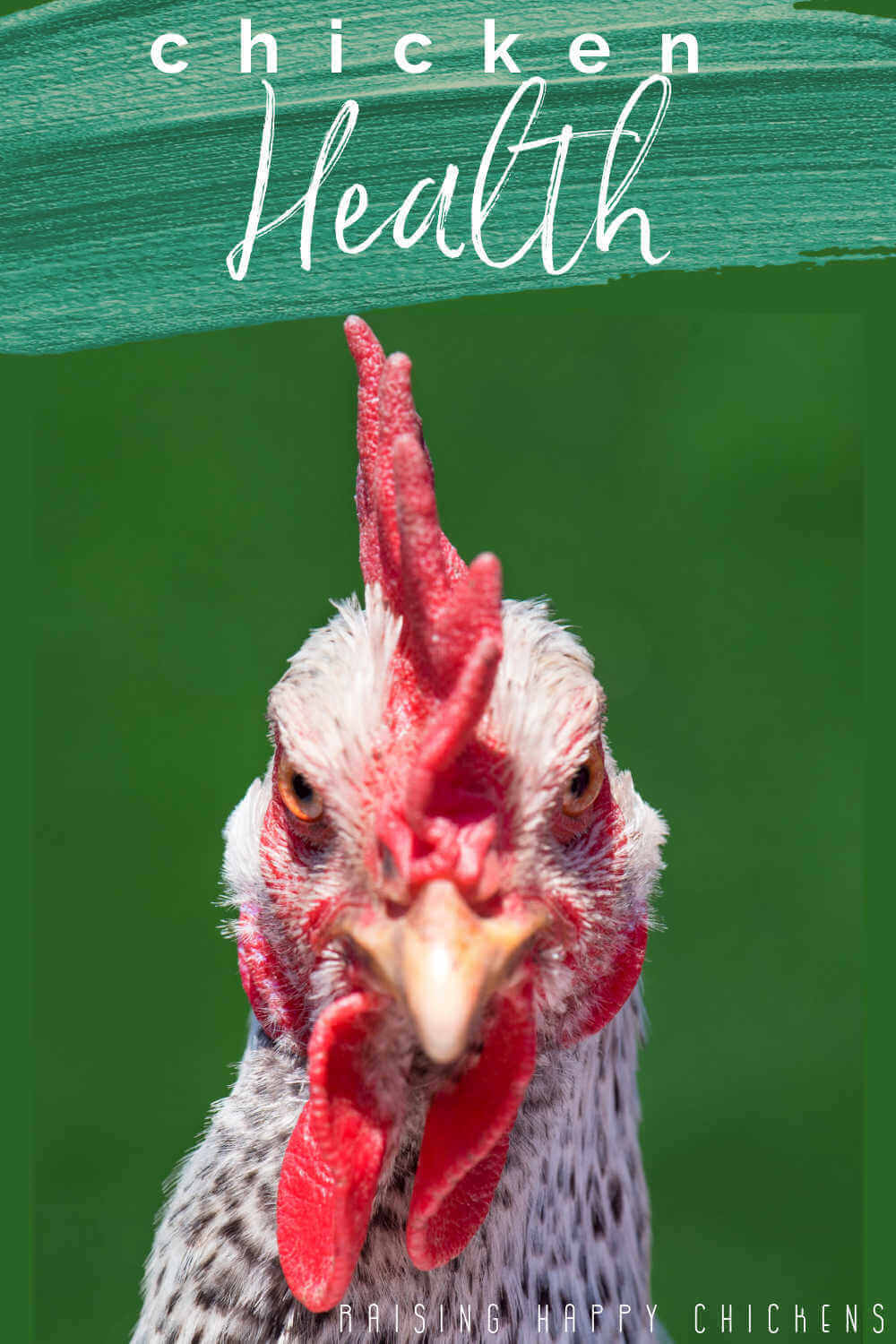
Health Considerations
Diet is one of the most important factors for keeping chickens healthy. Provide a balanced diet with a variety of grains, vegetables, and protein sources. Make sure your chickens have access to clean, fresh water at all times.
Vaccinations
Vaccinations are another important factor in keeping chickens healthy. Consult a veterinarian to determine what vaccinations are necessary for your chickens.
Worming
Worming is an essential part of chicken husbandry. Consult a veterinarian to determine the best worming schedule for your chickens.
Cleanliness
Maintaining a clean environment is key to successful chicken husbandry. Clean and disinfect the chicken coop regularly and provide a dust bath for your chickens. Change the bedding regularly and check for signs of parasites or disease.
Handling and Training
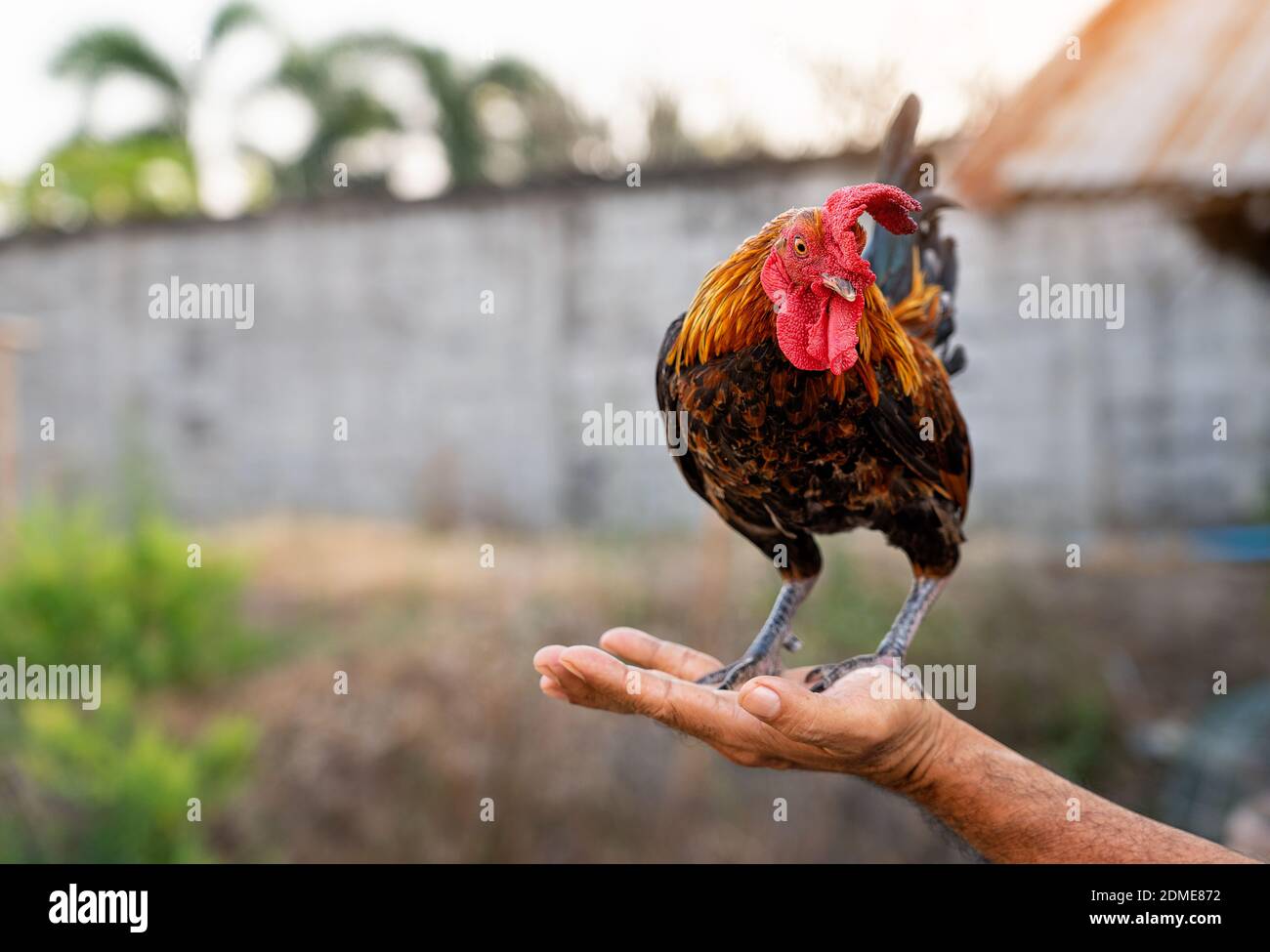
Getting Started
It is important to get off to a good start when raising chickens and hens. Choosing a breed is the first step. Breeds vary in their temperament and ecology, so it is important to select a breed that will fit in with the environment and goals of the farmer. It is also important to consider the size of the chicken coop and the amount of space available for the chickens.
Training
Once the chickens are selected, it is important to begin training them immediately. Chickens should be trained to recognize the farmer’s voice and to respond to simple commands. The training should be gentle but consistent, and rewards such as treats should be used to reinforce desired behaviors. Chickens should also be taught to recognize their names and to come when called. The chickens should be handled with care and caution, as rough handling can lead to stress and aggression. Once the chickens are accustomed to being handled, it is possible to train them to do more complex tasks such as following a target or playing simple games.
Common Chicken and Hen Behaviour
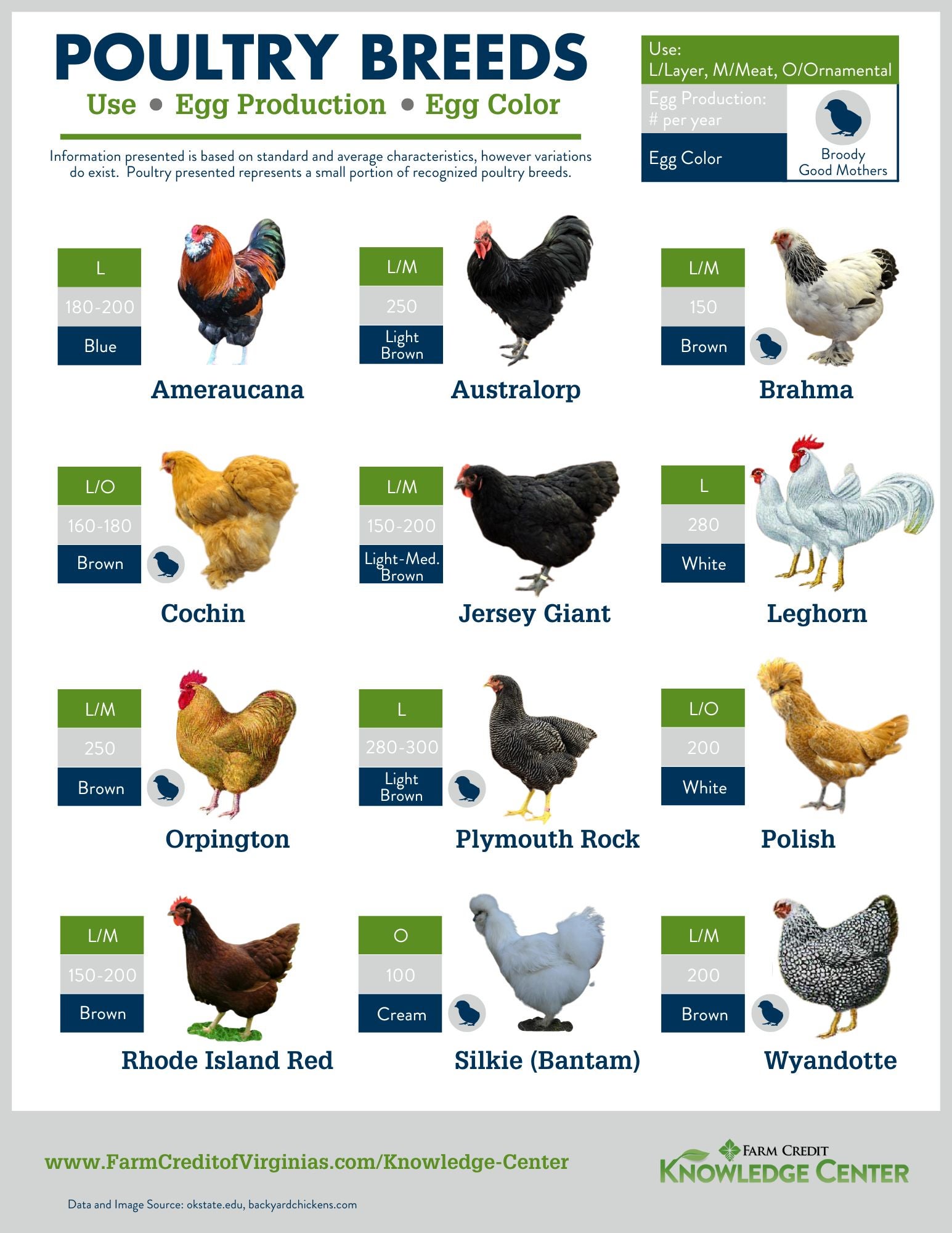
- Dust bathing is a common behaviour that chickens and hens display. It involves a chicken or hen rolling around in the dirt in order to clean and condition their feathers. This behaviour is essential for healthy chickens and hens.
- Foraging is another common behaviour displayed by chickens and hens. It involves searching for and gathering food. Chickens and hens will scratch at the ground and pick at plants, bugs, and other items in order to find something to eat.
- Socialising is a common behaviour displayed by chickens and hens. Chickens and hens are very social animals and will often form strong bonds with other chickens and hens. They will often groom each other and engage in other social behaviours.
- Roosting is a behaviour that chickens and hens display in order to rest and sleep. They will find a safe spot, usually a high perch, and rest there for the night.
- Laying eggs is a behaviour that chickens and hens display in order to reproduce. A hen will lay eggs in a nest and will incubate them until they hatch.
How to Prevent Common Problems
Provide Adequate Shelter – Ensure that chickens have a secure, dry and draught-free coop to sleep in. The coop should have sufficient space for each bird, and be well ventilated.
Provide Clean Drinking Water – Always make sure that chicken have access to fresh, clean drinking water to prevent dehydration and disease. Change the water every day and use a waterer that eliminates water spills.
Regularly Clean the Coop – Clean the coop on a regular basis to remove any build-up of dirt, dust, and droppings. This will help prevent the spread of disease and parasites.
Provide a Balanced Diet – Provide a balanced diet of grains, vegetables, and other food sources to ensure that chickens get the nutrients they need.
Check for Illness – Check chickens for signs of illness, such as loss of appetite, listlessness, and respiratory problems. Treat any illness as soon as possible to prevent it from spreading.
Provide Adequate Space – Make sure that chickens have enough room to move around and forage. This will help reduce aggression and promote healthy living.
Reduce Stress – Avoid overcrowding and minimize stress by providing plenty of room and a secure environment.
Monitor Predators – Monitor the area for predators, such as foxes and hawks, and take measures to protect chickens from them.
Frequently Asked Questions
What type of feed should I give my chickens?
Pellets – Pellets are a concentrated form of chicken feed. They are easy to store and come in a variety of flavors to suit different tastes. Pellets should make up the bulk of your chicken’s diet.
Grit – Grit helps your chickens digest their food more efficiently. Grit should be available at all times and should be replenished regularly.
Mash – Mash is a mixture of grains, seeds and other ingredients that is easy for chickens to eat. It should be given in addition to pellets and grit to provide variety and extra nutrition.
Fruits and Vegetables – Fruits and vegetables can also be fed to chickens. These should be chopped or mashed before being given to the chickens, as they cannot digest whole pieces.
Treats – Treats are a great way to supplement your chickens’ diets with extra nutrition and variety. Popular treats for chickens include mealworms, sunflower seeds, and kitchen scraps.
Calcium – In addition to their regular feed, chickens also need calcium. This can be provided by adding crushed eggshells or oyster shells to their feed.
How Often Should I Let My Chickens Out of the Coop?
- Daily: Chickens should be let out of the coop for at least a few hours each day. This gives them the opportunity to roam, forage, and scratch for food, and to get some fresh air and exercise.
- Seasonally: Allowing your chickens to free range seasonally is beneficial as well. Letting them out to enjoy the grass and bugs that come with the changing of the seasons helps to keep them active and healthy.
- At Night: Chickens should be put back into the coop at night for safety. Predators such as raccoons, skunks, and foxes can easily attack and kill chickens that are left outside overnight.
It is important to remember that in order to keep your chickens happy and healthy, they must be let out of their coop on a regular basis. Allowing them to free range will help them to stay active and alert, and will also provide them with a natural diet.
How Frequently Should I Clean the Coop?
The coop should be cleaned regularly to prevent the buildup of bacteria and parasites. Generally, the coop should be cleaned out and disinfected at least once per month or more often if necessary. During cleaning, all bedding should be removed and any eggs collected. The coop should also be inspected for any signs of damage or pests. Finally, fresh bedding should be added and nesting boxes should be disinfected.
How can I tell if my chickens are healthy?
Healthy chickens should have bright eyes, be active and alert, have clean feathers, and a glossy sheen to the feathers. Additionally, healthy chickens will have a clean vent area with no signs of discharge, mites, or lice. You should also look out for any signs of respiratory distress or coughing, and check their weight, as they should be neither too thin nor overweight. Lastly, ensure that your chickens are regularly vaccinated and dewormed.
How do I protect my chickens from predators?
- Fence your chicken coop: A secure fence will keep out all sorts of predators, including foxes, raccoons, and coyotes. Make sure to bury the fence at least 6 inches underground to prevent predators from digging underneath.
- Install a secure door: Make sure to check the door of your chicken coop frequently to ensure that it is locked and secure.
- Use chicken wire: Chicken wire can be used to cover windows and other openings in the chicken coop to prevent predators from entering.
- Install motion-activated lights: Motion-activated lights can help to deter predators from approaching your chickens.
- Provide protection from above: An overhang or awning can help to protect your chickens from birds of prey, such as hawks and owls.
- Install a guard dog: A guard dog can be a great way to keep predators away from your chickens.
- Keep cats away: Cats can be predators, so make sure to keep them away from your chickens.
- Keep your chickens safe at night: Make sure to close the door of your chicken coop at night to keep out predators.
Conclusion
Given the right environment, care, and attention, chickens and hens can be very rewarding and enjoyable animals to raise and care for. By creating a safe and healthy environment, providing proper nutrition, housing, and healthcare, you can ensure your chickens and hens are happy and healthy. With the right knowledge and resources, you can be a successful chicken husbandry and enjoy the many benefits of raising chickens.
